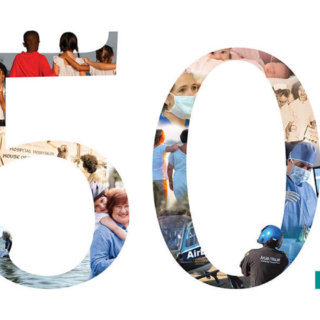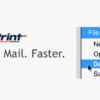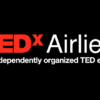Why Content Is Still King
When Bill Gates published his article Content Is King in 1996, his words foreshadowed, to an uncanny extent, what to expect even 18 years down the road in 2014. There is an overwhelming surplus of content on the internet, so much so that the supply of which equates to 27 million pieces of new content shared each day. The demand, however, is not even close to that figure. The name of the game today includes a plethora of different factors in producing quality and contextual content published natively to each platform. Although we are bearing witness to the reshaping of an entire industry, one thing that remains, is that Content is Still King.
According to Entrepreneur, 329 million people read blogs each month, people are spending more than 50% of the online time reading content, and a further 30% of the time on social media. It is no wonder why Bill Gates expected content to be “where I expect much of the real money to be made on the internet just as it was in broadcasting.” What search engines and social media networks are figuring out through their increasingly complex algorithms is recognizing quality content over fluff; that which doesn’t provide any value. Content thus, can ultimately be synonymous with company assets as their predominant goal is to provide value to both the company and its audience.
“The cost of entry to being relevant in our society today is content – If you are not producing content, you basically don’t exist”
The definition of content, as Bill Gates predicted, has become very wide which is one of the reasons why content on the internet tripled between 2010 and 2013. No company is too small to participate, the difficulty however remains targeting your quality content to the right people in the right context. Look at Sweetgreen, a food restaurant and store serving fresh and organic produce with a ‘local’ touch in major cities throughout the north east. From struggling to attract business, Sweetgreen boosted its online marketing efforts through social media to target its brand values, image and punny voice to thousands involved in its cultural movement – simply put it has shaped its brand messaging around its interest graph.
Sweetgreen has since garnered tens of thousands of followers within their community across their channels, featured on BloombergTV and Mashable, released plans to host a music and food festival called SweetLife; all of which is ultimately catalyzing its soaring business across 22 stores in a multitude of northeastern states. All of this was made possible as its image and voice adapted to the cultural ‘organic’ movement in society today. They simply spoke to their relevant audience in their language.
Consistent Creative Contribution
Gates further predicted that “societies will see intense competition and ample failure as well as success in all categories of popular content.” The goal of companies’ content strategies should primarily be consistent creative contribution (CCC). Those who are not contributing visual content, blogs, audio and all other forms, are going to be drowned out by the massive volume of content that is being put out by other media companies.
Linking this with a form of ROI, Entrepreneur and SAP recorded content marketing’s impact not only to satisfy consumers while extending a brand’s message across the social web, but it also grows the bottom line. Research shows organic search leads have a 14.6% close rate, while outbound marketing leads have a 1.7% close rate. This not only shows that the internet and social have disrupted the entire industry of marketing and advertising, but the inbound content with the consumer in mind is shaping the strategies of each major brand and corporation.
Content is now a commodity, however combined with a strategy of Consistent Creative Contribution shaped by a brands interest graph at heart, is undoubtedly the focus of companies today. Just as Bill Gates predicted in 1996, content is still king in 2014, however, the importance of a contextual content strategy underlined by ‘giving it forward’ to the end consumer, is what is shaping 2014’s digital world.
About Leon McLean
Leon McLean is a Project Manager and Trainer at SayItSocial, focusing on digital marketing strategy and project development as well as live, virtual and eLearning training initiatives. Please connect with Leon on... Google +

Like What You Are Reading? Subscribe To Read More
Join our mailing list to receive the latest news and updates from our team.





























